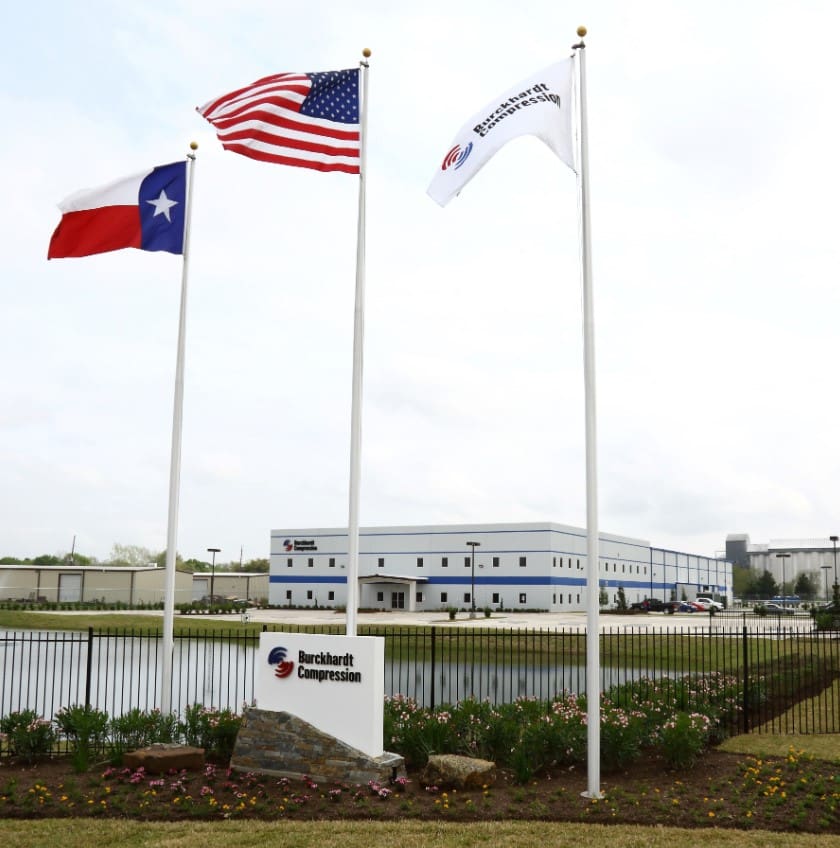GTI Energy has been selected by the US Department of Energy’s (DOE) Industrial Efficiency and Decarbonization Office to receive funding for several industrial decarbonization and low-carbon fuel projects. The projects are part of US$171 million that the DOE announced for 49 projects that will reduce industrial greenhouse gas emissions and move the nation closer to a net-zero economy.
In one project that GTI Energy will lead, the team will accelerate high-impact equipment and component innovations to decarbonize industrial thermal heat processes. GTI Energy, Siemens Energy, and other partners will demonstrate a novel inductively heated chemical reactor for high-temperature, endothermic industrial hydrogen and syngas production. GTI will design, model, and optimize this commercial-scale reactor for the electrified conversion of waste carbon dioxide via the reverse water-gas shift reaction. The technology is expected to demonstrate a significant cost reduction, an 85% greenhouse gas emissions reduction, and a considerable size reduction compared to current equipment.
In another project, GTI Energy and its partners, Honeywell Thermal Solutions, Georgia Institute of Technology, Bright Sensors SA, and Argonne National Laboratory will design and demonstrate an adaptable combustion system for use in industrial furnace applications. Known as an omnivore combustion system (OCS), the intent of the project is to demonstrate the combustion system can accommodate a wide range of low-carbon fuels, including natural gas-hydrogen blends, syngas, and biogas while maintaining ultra-low NOx emissions.
GTI Energy’s researchers will also be part of a team focused on accelerating the commercial readiness of low-carbon input and flexible combined heat and power (CHP) technology. The team will work on a project led by Noble Thermodynamic Systems Inc. to demonstrate Zero-Emissions Hydrogen Heat and Power technology. They expect to validate and demonstrate Noble’s Argon Power Cycle (APC) to enable efficient and low-cost carbon capture from low-carbon fuels. This technology promises to increase the efficiency of CHP generation systems, reduce NOx emissions, and increase electricity generation efficiency.
In addition to the DOE, these projects include critical support from Southern Company Gas, Southern California Gas Company, CenterPoint Energy, Utilization Technology Development NFP, and other utility partners.

















